How to Do Keyword Research for SEO Your Local Business?
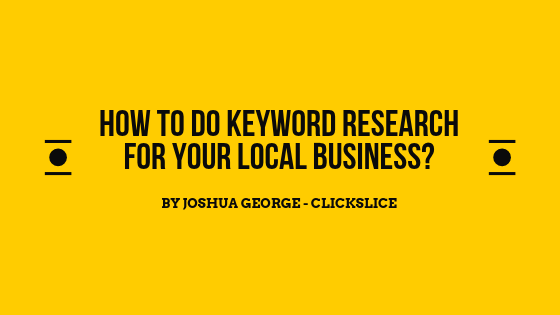

Let’s face it, choosing the right keywords can make or break your SEO campaign.
Get it wrong and you’ll find it extremely hard to rank.
Get it right and you’ll be flooded with an influx of traffic and inbound enquiries.
What we’re going to walk through today will show you exactly how to carry out keyword research for your local business in the UK.
I’ll be showing you the exact process we use at our SEO agency in London to ensure our clients are in the category where they’re flooded with inbound enquiries.
Step 1 – Determine your with seed keywords
A seed keyword is typically the main search which defines your industry and will help you find your main competitors. Let’s imagine you own a plumbing company in London, a good seed keyword for you would be “plumbers London”. This particular keyword would give you a good overview of the niche along with returning you some of the big players in your industry.
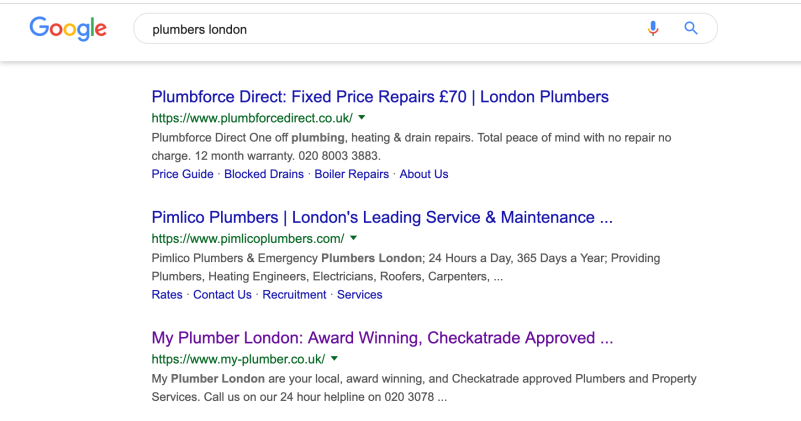
It’s important to avoid niching down too much which picking your seed keywords as you’ll often be presented with a lot of smaller sites which do not accurately reflect the landscape of the industry.
Take some time to learn more about how SEO can help your plumbing company for example and consult with an SEO expert if necessary. They will be able to advise you on the best seed keywords to use for your local business.
Once you have determined your seed keyword you can utilise all of the options below to dig deeper and discover more potential keywords for your business.
Option 1 – Check what keywords your competitors are ranking for
Enter your seed keyword(s) into Google and you’ll be returned with some of the biggest sites in your industry aka your competition.
You can see from the screenshot above that PlumbForceDirect and PlimlicoPlumbers are some of the big guys in London. These are the sites you want to be looking out at when planning out further keyword to target.
Whilst it’s good to carry out manual keyword research from scratch it’s a lot smarter and time effective to have a look at what the top ranking sites are also ranking for.
9 times out of 10 they would have already done all the hard work for you.
SEO tools such as Ahrefs and SEMRush will give you a good overview of what keywords these top ranking sites appear for.
Simply enter one of the sites into Ahrefs and click over to the “Organic keywords” on the left.
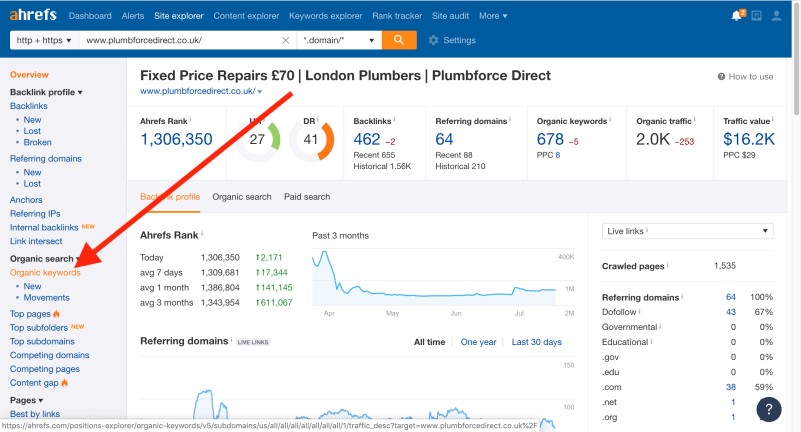
You’ll now be presented with a list of additional keywords this page ranks for.
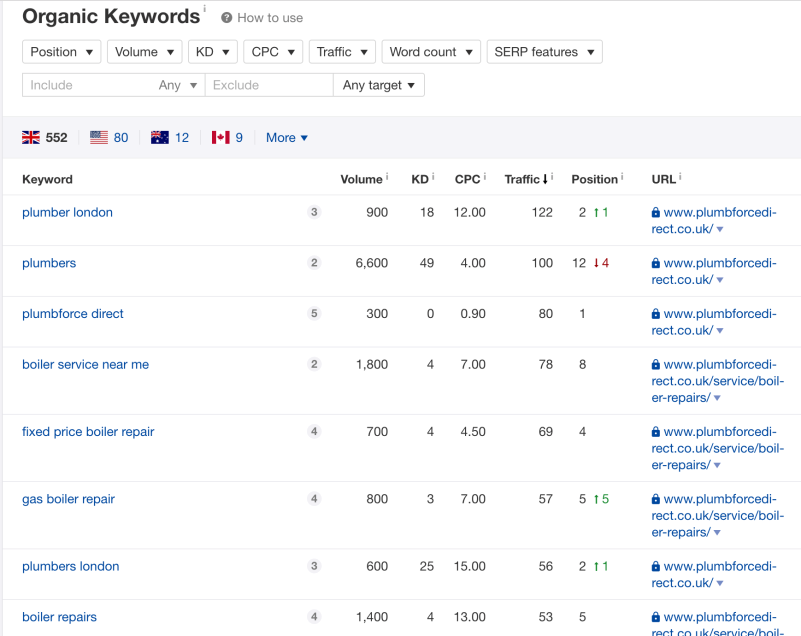
You can sieve through this list and cherry pick all the keywords that are also relevant for your business to. I tend to typically avoid the keyword difficulty (KD) listed as these figures can be easily skewed with one large site in the top 10, I have a whole another process for calculating the actual difficulty of ranking for a keyword.
Option 2 – Use Keyword research tools
Keyword research tools are another great way to find additional opportunities. You’re spoilt for options here, if you’re after free options then I would recommend to try out the below two:
UberSuggest
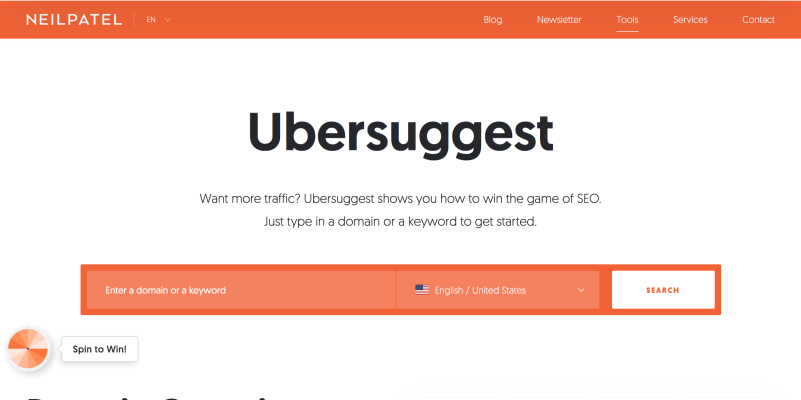
AnswerThePublic

Both of these tools will give you options for finding great keywords. Simply enter your predefined seed keyword and play around with the reports until you find some keywords worth targeting.
If you’re looking to dig really deep and find all the opportunities out there it’s advised to use a paid tool such as Ahrefs keyword explorer. It’s by far the most comprehensive one on the list.
Important: When carrying out keyword research its advised not to base your whole campaign solely on the monthly search figure. These figures are estimates based on previous data however the actual numbers could be a lot different. You also want to ensure you target keywords with high buyer intent, these are the keywords which are most likely to generate your more work. E.g. if someone types “garden designer Essex” into Google then its extremely likely they’re after a garden designer based in Essex.
Option 3 – Use Google Autosuggest (FREE)
If you haven’t already noticed, Google has a feature at the bottom of most peoples which suggest similar keywords based on your search phrase. For the keyword “plumber London” Google are suggesting the below related keywords:
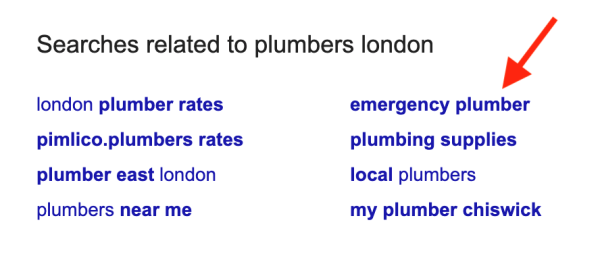
emergency plumber” is a great suggestion I didn’t originally think of.
You should repeat this multiple times with different keywords to compile one big master file of all your keywords.
Keyword Grouping
Once you have a list of all your keywords you should start to group them by intent and parent categories. This will help you decide what keywords to target on what pages and will make the whole on-page optimisation easier for you to implement.
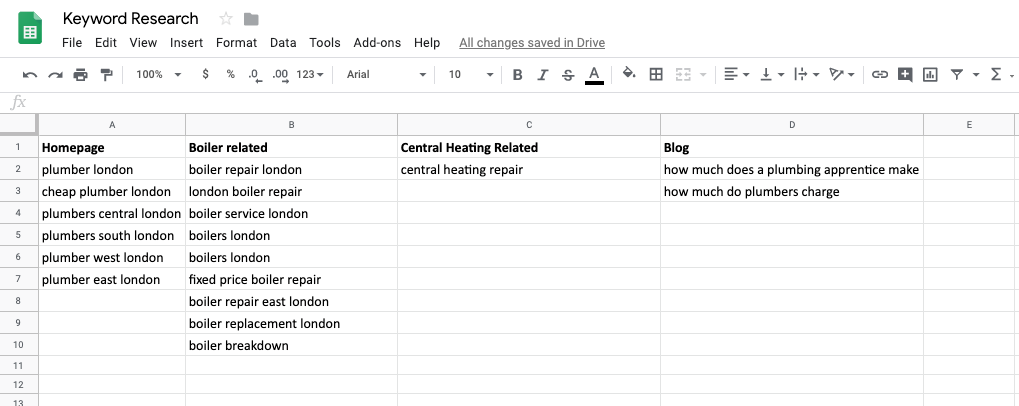
You can see from the screenshot above I managed to find a couple of “question” related keywords, these keywords and typically best covered in a blog post.
Blog posts are a great way to target any information related keywords as they help your site to become an authority as you’ll end up covering the whole niche and becoming to go-to resource.
Keyword research is one of the most important elements of an SEO campaign, you should invest as much time as you can afford to ensure you get it right and find all the keywords possible. Keyword research is literally the foundation of your SEO campaign. Once you have finalised your list along with with the correct keyword grouping its time to move onto the next stage which is onpage optimisation.
Onpage optimisation involves tweaking your website to include the keywords in the right places such as URL, page title, h1 and h2 tags etc. However, as Fernando already has some solid local SEO training which covers exactly how to do onpage SEO I will advise you to check it out.
Once you implement on the onpage SEO you will have a solid foundation to build upon to take your business to the next level. In some low competition niches you will not need to do anymore, however, it most niches you will need to carry out some link building to ensure your site has the power it needs to rank.
All niches are different so its best to complete the onpage first, review and then determine what the next best step is to move forward.
Thanks for reading.
Author Profile
- Founder & CEO of ClickSlice - SEO Agency In London.


